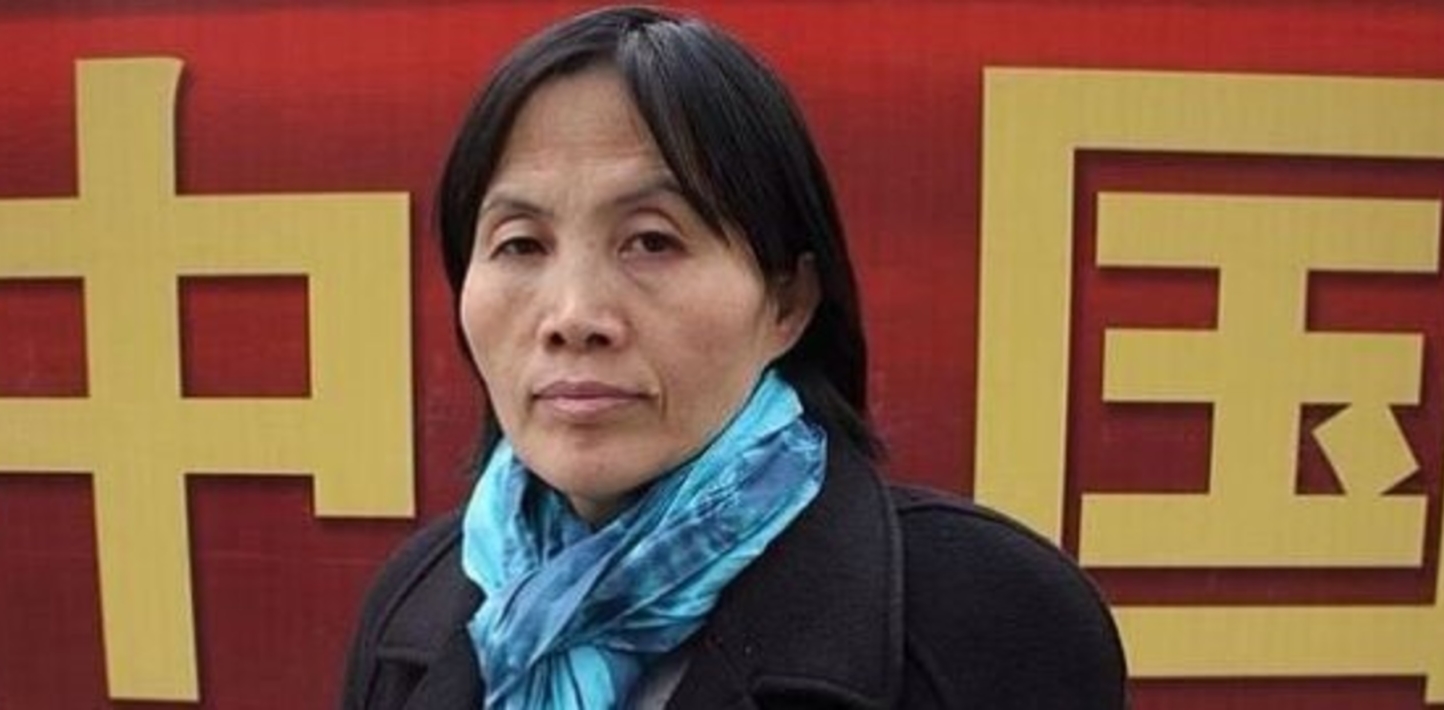By Amnesty International’s China Country Campaigner*
In late August 2013, I spoke to Cao Shunli on the phone. I never imagined it would be the last time we’d talk.
We had made plans to meet a few weeks later in Hong Kong when she travelled through en route to Geneva, where she was due to attend a human rights training programme.
We had spoken many times but that was going to be the first time we’d actually meet. We never got the chance.
Cao disappeared when she went to check-in at Beijing Capital International Airport. The Chinese authorities detained her for “picking quarrels and provoking trouble”. She remained in detention, where she died last Friday.
Throughout the past six months the authorities repeatedly denied Cao the medical treatment she clearly needed.
A courageous woman
Sadness and anger were my overriding emotions on hearing she had died. Sadness that such a courageous woman had lost her life. Anger at how callous and calculating the authorities had been in their disregard for her life.
Far from “provoking trouble” the Cao I knew did not seek confrontation. All she wanted was for the government to recognize the legitimate rights of its citizens.
A gentle woman in her early fifties, Cao was softly spoken but with a steely determination to fight injustice.
She could have chosen an easier life. She had a good government job but could not turn a blind eye to the corruption in her department. Her efforts weren’t appreciated by her bosses and she lost her job in 2002.
Cao then took up the cause of China’s thousands of petitioners, who are at best seen as a nuisance by the authorities. Their rights are frequently trampled on with many detained for spells in secret jails or sent to labour camps.
Having studied law at university, Cao had a good knowledge of the legal avenues to fight injustice. This expertise combined with an unyielding commitment for change was a potent combination. One the authorities feared because she inspired so many within China to claim their rights.
Cao had a relentless energy and always wanted to discuss new ideas and initiatives. She was meticulous in preparing documents and evidence.
90-day protest
She pressed hard for the public to be allowed to contribute to a human rights report China is required to submit to the UN. In June last year, with her efforts repedeatly denied, she organized a protest outside the Ministry of Foreign Affairs in Beijing.
For nearly 90 days and nights, this group of middle-aged and elderly women camped outside the Ministry. Cao constantly used her negotiation skills with the police to ensure the protest could continue.
The group became a second family to Cao. She drew strength from their friendship and solidarity.
Cao also valued the international support from Amnesty International and others. She wanted to draw attention to the campaign outside China.
It may seem bizarre that Cao was prepared to risk her life to contribute to a report for the UN.
But for Cao this was far bigger. This was about the government respecting the legitimate rights of the people. For individuals to be treated as citizens with the right to participate in shaping China’s future.
Prepared for the consequences
Having spent two previous periods in labour camps for her campaigning, there was always a risk she would be detained this time.
The Chinese government is particularly sensitive to criticism on the international stage.
We talked about this, and she said she was aware of the risks and prepared for the consequences. But I don’t think anyone expected that the authorities would be so cruel as to effectively take her life.
We did all we could to pressure the authorities to ensure she received the right medical care. But this time our calls were ignored.
I often ask myself if I would be prepared to risk my life for human rights as Cao, and many others in China have, and will continue to. The honest answer is I don’t know.
But this mild-mannered woman, whose sense of justice shone through in all our conversations, will remain an inspiration to me in the struggle for human rights in China.
*Name withheld for security reasons.


